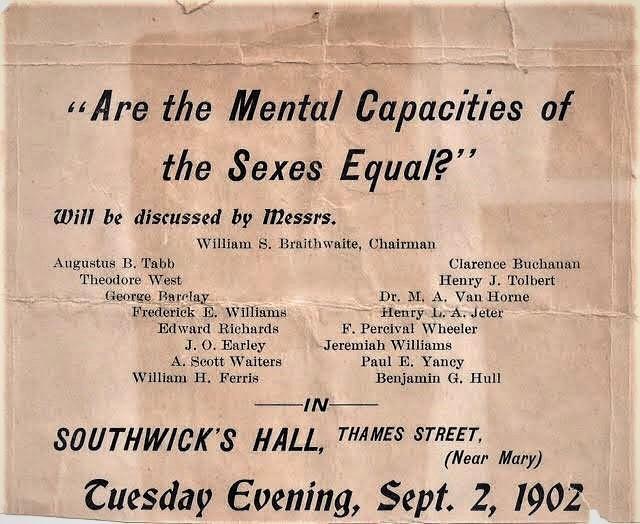Biographies of prominent African heritage men & women of Newport’s past
By Keith Stokes
Seven notable persons whose lives & work impacted society in Newport & beyond
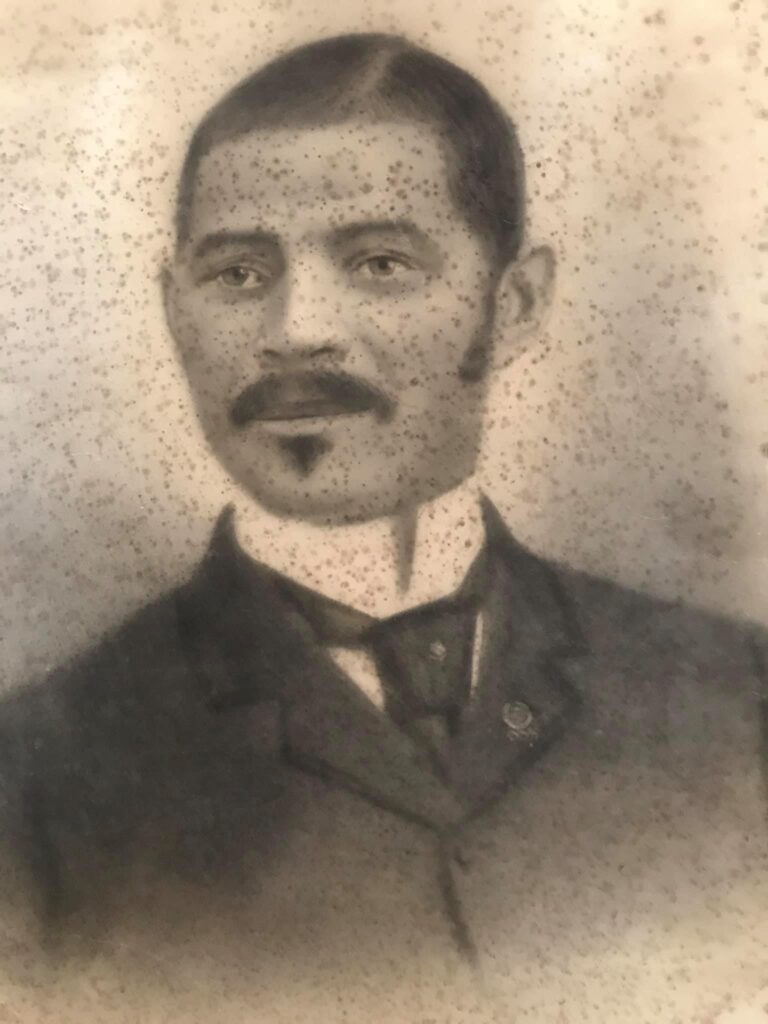
Andrew J. Tabb
Andrew J. Tabb was born enslaved on Aug. 15,1842, in Petersburg, Va. At the start of the Civil War, he was conscripted into the Confederate Army, working as a waiter for General James Longstreet of the 12th Virginia Regiment. At the Battle of Fort Hell in 1863, he escaped to the Union Army and enlisted in the 114th Regiment of the U.S. Colored Troops. Tabb was present in 1865at the fall of Petersburg.
After the war, Tabb became a private coachman and met Madame C. O’Donnell, who employed him as her coachman. Tabb traveled with O’Donnell and attended the funeral of Victor Hugo in Paris. He followed O’Donnell to Newport in 1881, managing her stables and the transportation needs of other summer residents. Tabb quickly became part of Newport’s fast-emerging African heritage business and civic community. He became a deacon at Shiloh Baptist Church, and in 1895, he led the effort to establish the Mt. Olivet Baptist Church. He operated one of the city’s most extensive livery stables next to his home at 28 Edgar Court, located off Bath Road and adjacent to historic Bellevue Avenue.
Tabb’s accomplishments represent the essence of African heritage “Creative Survival” during a time of enslavement, discrimination, and isolation for many in America simply because of the color of their skin. Despite all challenges, he embodies the American ideal of the self-made man. Andrew J. Tabb was a true American and Newport Gilded Age entrepreneur.
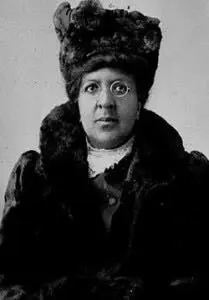
Dr. Harriet A. Rice
Dr. Harriet A. Rice was born in 1866 in Newport and lived a considerable amount of her life in the family home at 75 Spring Street. She graduated from Rogers High School in 1882, and she went on to become the first African heritage woman to graduate from Wellesley College in1887. Soon after, she attended the Michigan Medical School and received advanced medical training at New York Infirmary. She earned her medical degree from New England Hospital for Women and Children in Boston around 1891.
As an African heritage woman and licensed physician, it was nearly impossible for Dr. Rice to practice medicine at any American hospital. She soon joined the famous social worker and women’s suffrage leader Jane Addams at the celebrated Hull House in Chicago, providing medical treatment to poor families. Rice would later open a medical practice in Newport, operating out of her family home on Spring Street at the turn of the 20th Century.
At the start of WWI, she left for France to serve as a physician in military hospitals. In July1919, the French Embassy presented Dr. Rice with the National Medal of French Gratitude for her outstanding services in treating wounded French soldiers between 1915 and 1918.
Dr. Rice’s extraordinary — but continuously frustrating— life as a talented woman of color during a time of significant challenges for all African Americans is best summed up with her response to a 1937 alumni questionnaire from Wellesley College that asked, “Have you any handicap, physical or other which has been a determining factor in your professional activity?” Her reply was direct and representative of all persons of color who dared to achieve and succeed during the turn of 20th Century America stating: “Yes! I am colored which is worse than any crime in this God-blessed Christian country. My country tis of thee.”
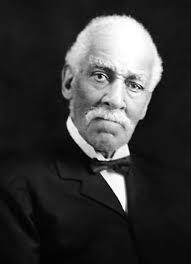
George T. Downing
George T. Downing was one of the most recognized business and civil rights leaders in19th-Century America. Born on Dec. 30, 1819, in New York City, he was the son of restaurateur Thomas Downing. Downing was well-established in Newport and Providence as the proprietor of the Sea Girt House luxury hotel at the Downing Block along historic Bellevue Avenue and a catering business on Benevolent Street in Providence.
In addition to his Rhode Island hospitality businesses, Downing was the manager of the U.S. House of Representatives dining room in Washington, D.C., befriending Senator Charles Sumner, a lifelong friend, and political ally. This and other political contacts would help Downing, who lobbied tirelessly to desegregate Rhode Island public schools in 1866.
He would later lead the repeal of the state’s ban on interracial marriage and racial discrimination in the reorganization of the Rhode Island militia. He also was part of a group of wealthy Newport contributors in 1865 who would purchase the land that would become Touro Park.
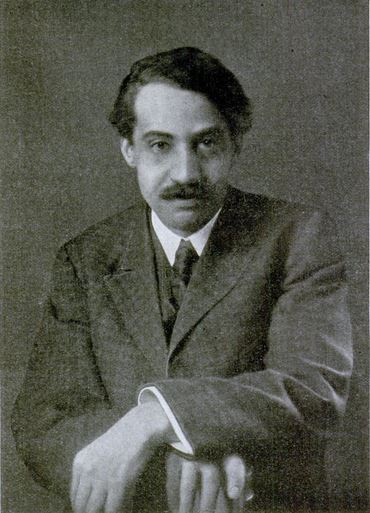
William Stanley Beaumont Braithwaite
William Stanley Beaumont Braithwaite was a self-educated writer, poet, and literary critic born in Boston on Dec. 6, 1878. Braithwaite became the leading African American literary critic and poet in early 20th Century America.
His remarkable career included working as a literary editor for the Boston Evening Transcript and contributing poems and literary reviews for the Atlantic Monthly, the New York Times, and The New Republic. Later, he founded a publishing company and became a professor of creative writing at Atlanta University. Between 1913 to 1929, he published the “Anthology of Magazine Verse”, a collection that showcased the work of emerging poets in America. In 1918 he received the Spingarn Medal from the NAACP for outstanding achievement by an African American.
Braithwaite owned a summer home in Newport and managed a bookstore on Newport’s fashionable Bellevue Avenue near his Prospect Street home. Newport, at the time, had a large and vibrant African heritage population, and he hosted many literary and political awareness events within the community. One event Braithwaite would organize and chair in 1902 assembled professional men of color to discuss and debate one of the most topical issues of the day regarding women’s rights and suffrage.
He was a member of Newport’s historic Union Colored Congregational Church and librarian for the Newport Colored Literary Society, which dated back to 1877. Braithwaite was also a leader of Newport African heritage political and social societies advancing equal rights and access to education. He would later relocate to Harlem, N.Y., and become a leader in the Harlem Renaissance.
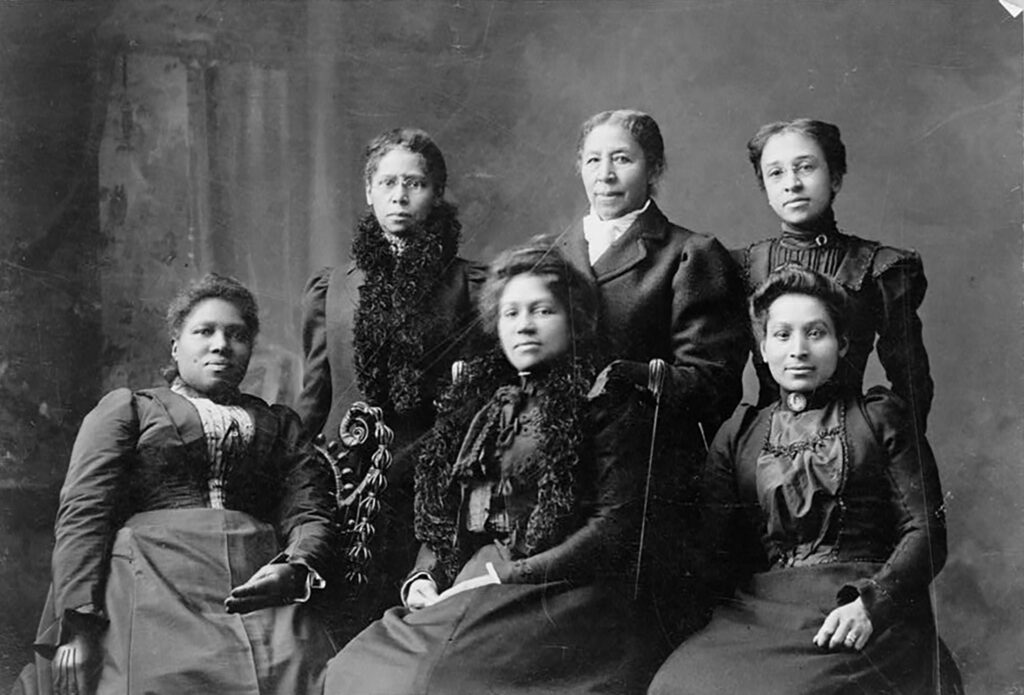
Mary H. Dickerson
Mary H. Dickerson was born in Haddam, Conn., on Oct. 22, 1830 and was raised in New Haven. She arrived in Newport in the 1870s and established a “Fashionable Dressmaking Establishment” at 5 Travers Block along the historic Bellevue Avenue, serving the needs of Newport’s summer residents.
In 1895, she was a founder of the Women’s Newport League, the oldest continuing operation Black women’s club in America. In 1896 she was a founding member of the National Association of Colored Women’s Clubs, and in 1903 she established the first African American Women’s Club Federation in Rhode Island. A major political issue for Dickerson and the Women’s Clubs was advocating for Anti-Lynching Laws, which were most frequent between the late 19th and early 20thcenturies. Perhaps no woman in New England has significantly influenced the women’s club movement more than Dickerson. Her work would inspire future civil rights organizations, including the NAACP and Urban League.
During her life, Dickerson was considered one of the nation’s most influential women of color, advancing issues that promoted the social uplift of women, children, and families. In her 1914 obituary in the New York Age, one of the nation’s leading African American newspapers, she was described as “Her advocacy of social uplift, an equal standard of morals for men and women and the vital need of economy and thrift as the steppingstones of the race were her favorite themes of advice to young people.
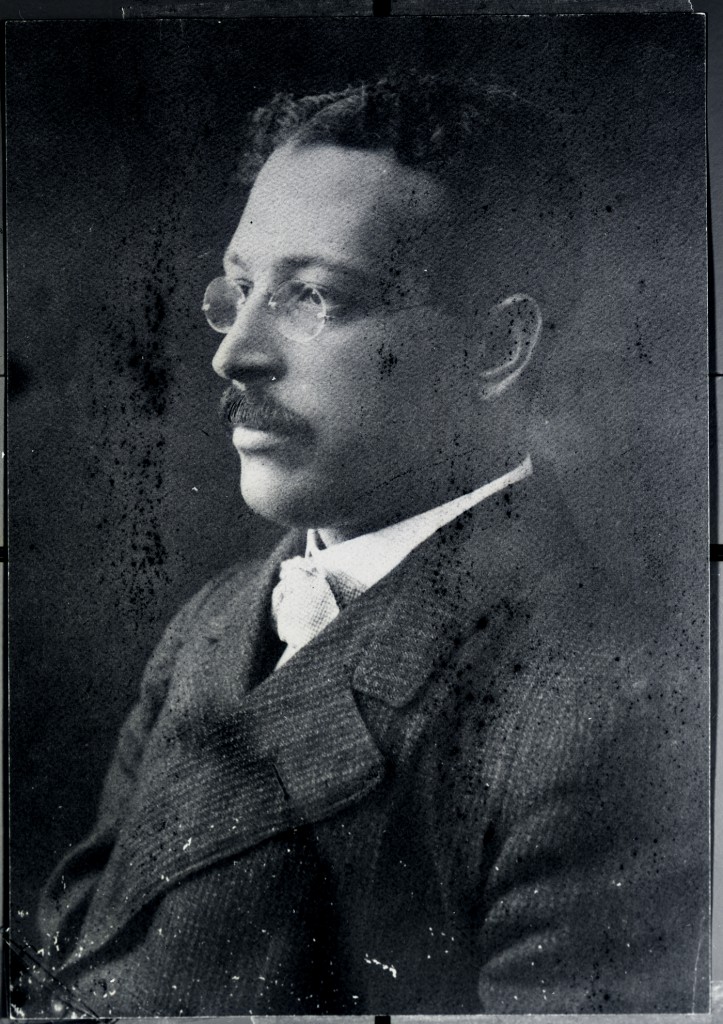
Dr. Marcus F. Wheatland
Born in Bridgetown, Barbados, on Feb. 16, 1868, Dr. Marcus Wheatland attended private schools in Barbados and graduated with a medical degree from Howard University in 1895.
Soon after, he arrived in Newport to establish his medical practice, perhaps due to his association with two notable African heritage men, Dr. M. Alonzo Van Horne, and George T. Downing. Wheatland married Irene De Mortie, the granddaughter of Downing. He later inherited and managed a group of Bellevue Avenue businesses called the Downing Block.
Licensed to practice medicine in Rhode Island in1895, he is considered the first African-heritage physician to live and practice in Newport. He became the first doctor in Newport to use the X-ray machine as a diagnostic tool. He lectured on using X-rays at the National Medical Association annual meeting in Boston in 1909. That same year he was also elected president of the National Medical Association.
Dr. Wheatland was a member of the American Electro-Therapeutic Association and the Newport Association for the Relief and Prevention of Tuberculosis. He was a trustee of his alma mater, Howard University, and left $6,000 to the school in his will. He was also active in civic and political organizations, including the Union Congregational Church, Prince Hall Masons, and Odd Fellows, and served in public office on the Newport City Council. Today, Dr. Marcus F. Wheatland Blvd is named in his honor in Newport. At his funeral in 1934, it was said: “God’s best gifts to men are men. There was a man sent by God, his name was Dr. Marcus F. Wheatland.”
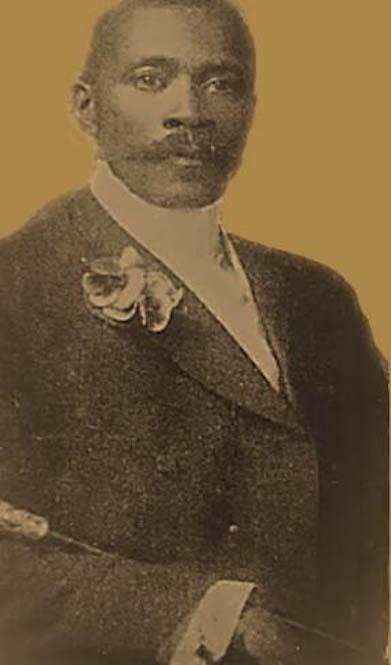
Reverend Mahlon Van Horne
The Reverend Mahlon Van Horne was pastor of the Union Colored Congregational Church in Newport for 30 years, from 1869 to 1898. This historic church was organized in 1824 as a religious and civic evolution of Newport’s Free African Union Society dating back to 1780.
Reverend Mahlon Van Horne was born on March 5, 1840, in Princeton, N.J., and graduated from Lincoln University in 1866, known as the first institution in the world to provide higher education in the arts and sciences for African heritage men and women. Van Horne arrived in Newport and was appointed Pastor at Union Congregational Church in 1868. He continue in that position until 1896. The center of the African heritage community then and today is the church. Van Horne became a part of a new generation of post-Civil War African heritage leaders who would lead Black churches into significant leadership roles within the Reconstruction and civil rights movement of late 19th century America.
A religious and political trailblazer, Van Horne, in 1872, became the first member of color elected to the Newport School Board. In 1885, he became the first member of color elected to the Rhode Island General Assembly, leading the effort to pass the state’s first civil rights legislation that same year. In recognition of his significant civic accomplishments, President William McKinley appointed Van Horne as General Counsel to the Danish West Indies during the Spanish-American War in 1898. The tireless work of Van Horne would propel him to become a leading local and national voice for racial and social justice during the Gilded Age.

